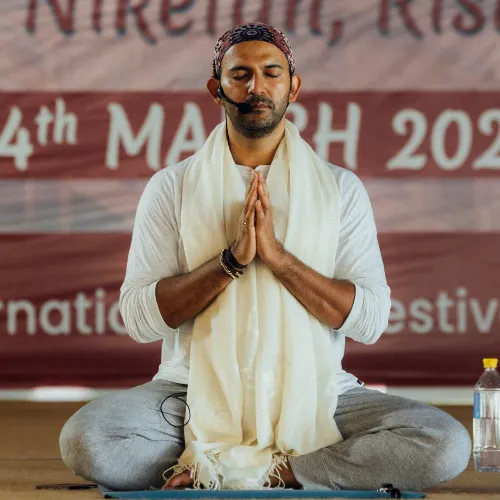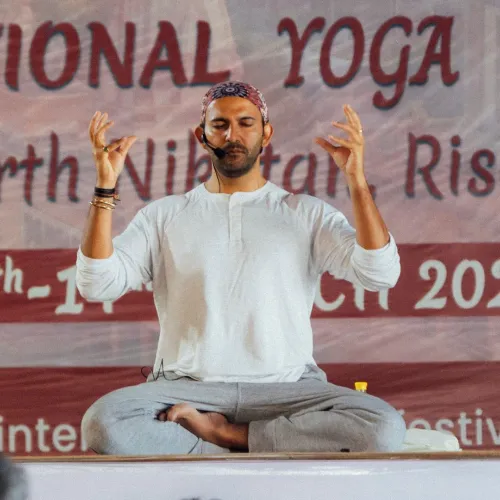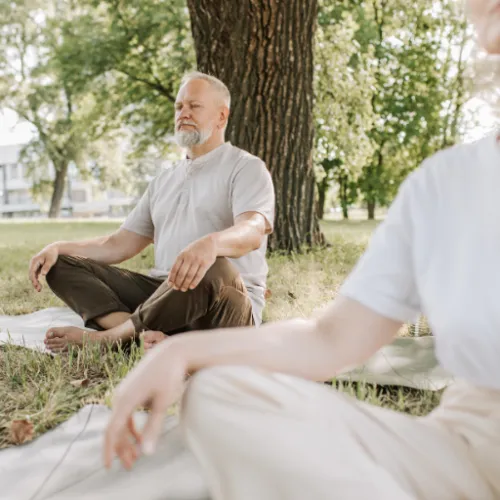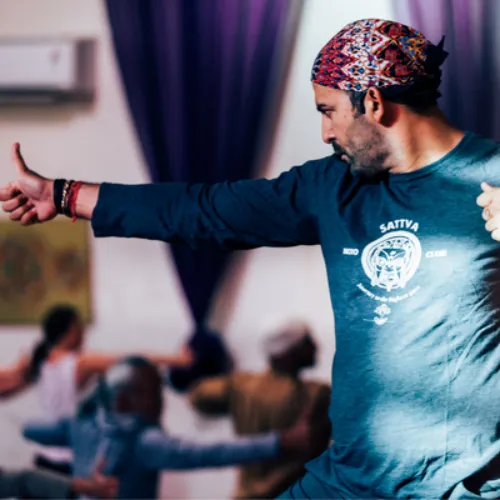

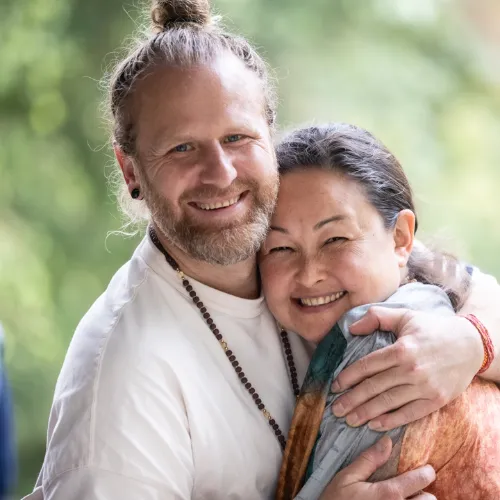
In today’s fast-paced world, the ability to understand, regulate, and manage our emotions is more important than ever. Emotional intelligence (EQ) is the key to building healthy relationships, making wise decisions, and maintaining inner peace. And while many tools support its development, yoga stands out as a powerful, holistic practice for cultivating emotional intelligence from the inside out.
More than a physical discipline, yoga is a path of self-awareness, mindfulness, and emotional mastery. It helps us connect more deeply to ourselves and others, laying the foundation for a more compassionate, emotionally resilient way of living.
Let’s explore how yoga supports the core components of emotional intelligence—and how you can integrate simple practices into your life to nurture these essential skills.
1. Self-Awareness: Observing the Inner Landscape
At the heart of emotional intelligence is self-awareness—the ability to observe your thoughts, feelings, and behaviours as they arise, without judgment. This clarity helps you understand how your emotions influence your actions, allowing for wiser, more intentional choices.
Yoga fosters self-awareness through present-moment attention. Each posture, each breath, is an invitation to notice what’s happening within. Over time, this inner observation becomes second nature, making it easier to recognize emotions early—before they become overwhelming.
Practices to Enhance Self-Awareness:
Mindful Breathing (Pranayama): Techniques like Nadi Shodhana (alternate nostril breathing) or Ujjayi (victorious breath) calm the mind, helping you observe your emotions more clearly.
Body Scan Meditation: Lying or seated, slowly bring attention to each part of your body. Notice sensations, tension, or emotional energy held in the body. This practice builds awareness of how emotions manifest physically.
2. Empathy: Deepening Connection with Others
Empathy—the ability to understand and feel what another is going through—is central to emotional intelligence. Yoga nurtures this quality by helping us connect to our own emotions first. When we are more compassionate with ourselves, it becomes easier to extend that same compassion to others.
Yogic principles like ahimsa (non-harming) encourage kindness and non-judgment, while heart-opening poses can release emotional tension and cultivate warmth and openness.
Practices to Cultivate Empathy:
3. Emotional Regulation: From Reaction to Response
One of the most empowering aspects of emotional intelligence is emotional regulation—the ability to respond to emotions with clarity rather than react impulsively. Yoga helps you pause, breathe, and move through emotional intensity with calm presence.
Through consistent practice, yoga helps balance the nervous system and develop the space needed to respond mindfully, even in moments of stress.
Practices to Support Emotional Regulation:
4. Emotional Resilience: Building Inner Strength
Emotional resilience is the ability to recover from setbacks, remain adaptable, and maintain equanimity through life’s challenges. Yoga builds this resilience by calming the stress response, increasing mental flexibility, and cultivating inner peace.
As we learn to breathe through discomfort on the mat, we build the capacity to stay present through emotional intensity off the mat. With time, this nurtures strength, steadiness, and perspective.
Practices to Enhance Emotional Resilience:
Yoga as a Path to Emotional Intelligence
Yoga is far more than physical movement—it’s a transformative tool for emotional growth. When practiced with intention, yoga helps us become more self-aware, empathetic, emotionally balanced, and resilient. It strengthens not just our bodies, but our capacity to connect—with ourselves and with others.
Whether through a mindful breath, a heart-opening pose, or a quiet moment of stillness, yoga supports us in becoming more emotionally intelligent human beings.
As you roll out your mat each day, remember: you’re not just practicing flexibility—you’re cultivating the awareness and compassion that make emotional intelligence possible.






















